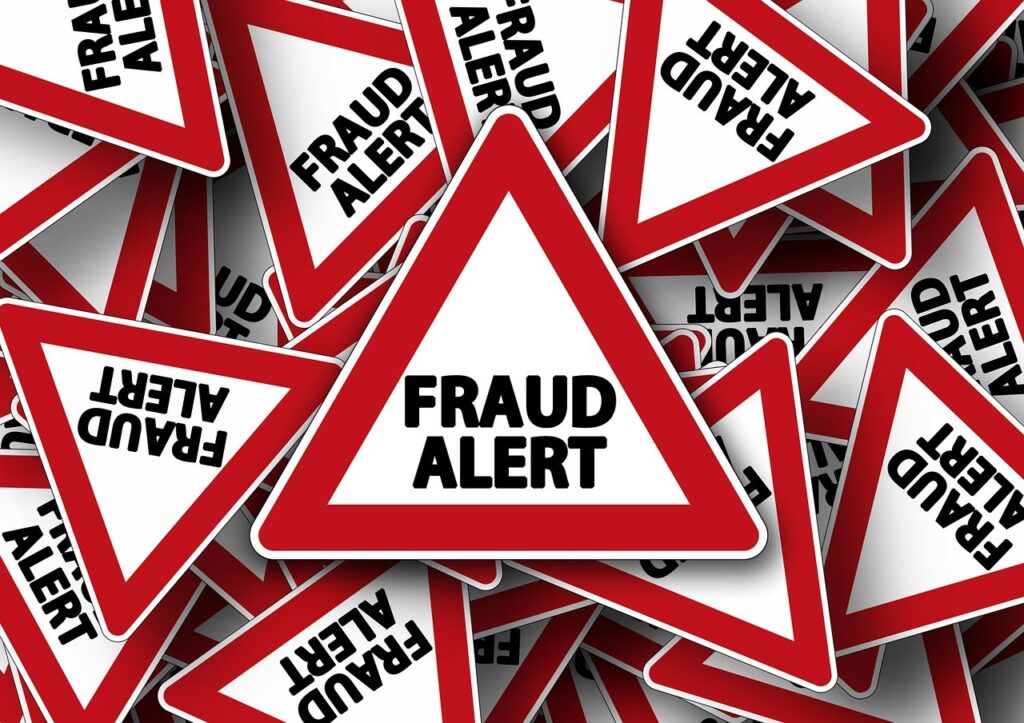Avoiding Scams

Avoiding Scams
To avoid being a victim of scams, use Adenayasolutions.com safely and to keep safe while browsing.
Deal locally, face-to-face —follow this one rule and avoid 99% of scam attempts.
If something is too good to be true, then it is too good to be true. Always be vigilant.
Who should I notify about fraud or scam attempts?
UK: Citizen Advice Report a scam. Report a scam
You should report all types of scams to Action Fraud, the UK’s national reporting centre for fraud.
Action Fraud: Telephone: 0300 123 2040
If you suspect that a listing may be linked to a scam, please send us the details here.
If you are defrauded by someone you met in person, contact your local police department ASAP.
Reporting an online scam
Online scams are scams that use the internet – for example, social media, emails and websites.
You can report online scams through Citizen Advice.
Reporting an offline scam
Offline scams are scams that don’t use the internet – for example, doorstep or telephone scams.
You can report an offline scam through Citizen Advice.
Recognizing scams
Most scams attempts involve one or more of the following:
- Email or text from someone that is not local to your area.
- Western Union, Money Gram, cashier check, money order, Paypal, Zelle, shipping, escrow service, or a “guarantee.”
- Vague inquiry, e.g. asking about “the product.” “the item” Poor grammar/spelling.
- Refusal or inability or to meet face-to-face to complete the transaction.
Ways of avoiding scams
Find us on Facebook, Instagram
Thank you for reading this guide.

